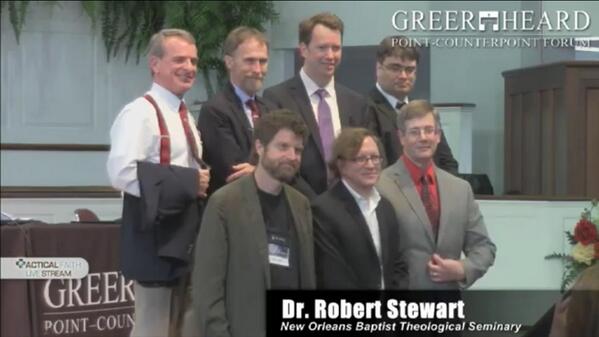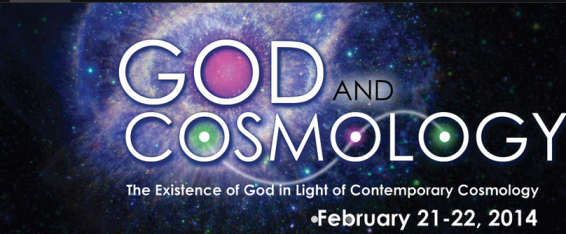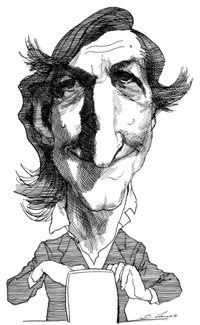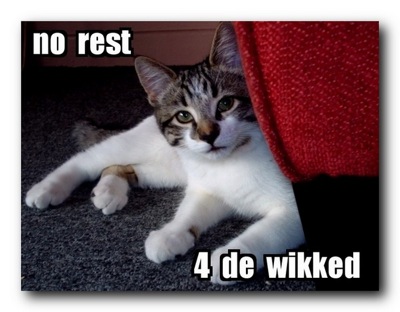Post-Debate Reflections
We’ve returned from the lovely city of New Orleans, where within a short period of time I was able to sample shrimp and grits, bread pudding soufflé, turtle soup, chicken gumbo, soft-shelled crab with crawfish étouffée, and of course beignets. Oh yes, also participated in the Greer-Heard Forum, where I debated William Lane Craig, and then continued the discussion the next day along with Alex Rosenberg, Tim Maudlin, James Sinclair, and Robin Collins. The whole event was recorded, and will be released on the internet soon — hopefully within a couple of days.
[Update: Here is the video:]
In the meantime I thought I’d provide some quick post-debate reflections. Overall I think it went pretty well, although I certainly could have done better. Then again I’m biased, both by being hard on myself in terms of the debate performance, but understandably of the opinion that my actual ideas are correct. I think I mostly reached my primary goal of explaining why many of us think theism is undermined by modern science, and in particular why there is no support to be found for it in modern cosmology. For other perspectives see Rational Skepticism or the Reasonable Faith forums.

Short version: I think it went well, although I can easily think of several ways I could have done better. On the substance, my major points were that the demand for “causes” and “explanations” is completely inappropriate for modern fundamental physics/cosmology, and that theism is not taken seriously in professional cosmological circles because it is hopelessly ill-defined (no matter what happens in the universe, you can argue that God would have wanted it that way). He defended two of his favorite arguments, the “cosmological argument” and the fine-tuning argument; no real surprises there. In terms of style, from my perspective things got a bit frustrating, because the following pattern repeated multiple times: Craig would make an argument, I would reply, and Craig would just repeat the original argument. For example, he said that Boltzmann Brains were a problem for the multiverse; I said that they were a problem for certain multiverse models but not others, which is actually good because they help us to distinguish viable from non-viable models; and his response was the multiverse was not a viable theory because of the Boltzmann Brain problem. Or, he said that if the universe began to exist there must be a transcendent cause; I said that everyday notions of causation don’t apply to the beginning of the universe and explained why they might apply approximately inside the universe but not to it; and his response was that if the universe could just pop into existence, why not bicycles? I was honestly a bit surprised at the lack of real-time interaction, since one of Craig’s supporters’ biggest complaints is that his opponents don’t ever directly respond to his points, and I tried hard to do exactly that. To be fair, I bypassed some of his arguments (see below) because I thought they were irrelevant, and wanted to focus on the important issues; he might feel differently. I’m sure that others will have their own opinions, but soon enough the videos will allow all to judge for themselves. Overall I was moderately satisfied that I made the responses I had hoped to make, clarified some points, and gave folks something to think about.
Longer version (much longer, sorry): the format was 20-minute opening talks by each speaker (Craig going first), followed by 12-minute rebuttals, and then 8-minute closing statements. Among the pre-debate advice I was given was “make it a discussion, not a debate” and “don’t let WLC speak first,” both of which I intentionally ignored. I wanted all along to play by his rules, in front of his crowd, and do the best job I could do without any excuses. …
Post-Debate Reflections Read More »


